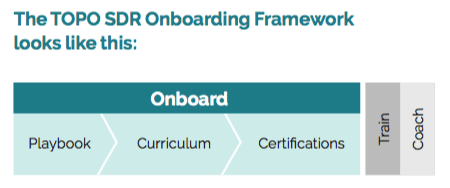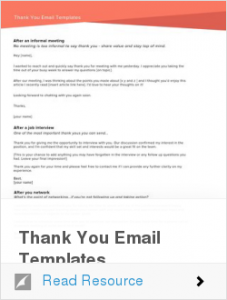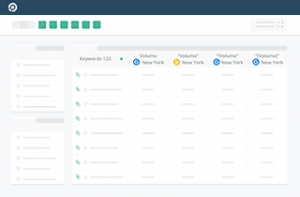— July 17, 2018

In Account Based Sales Development (ABSD), growing and managing your SDR team is as important to success as figuring out who to call, and what to say. These individuals are the front lines of your Account Based Everything strategy. You not only need to hire the right people for the job, but you’ve got to onboard, train, and coach them to success.
This takes more than bringing on a bunch of Sales Development Reps, giving them a list of companies, and saying, “Good luck.”
Allow for a ramp-up period
New SDRs don’t start contributing to revenue on day one; they have to ramp up. Your onboarding process needs to be as rigorous as your hiring process.
The good news is that, as an industry, we’re getting better at onboarding. In a 2016 Bridge Group study, ramp time (time to full productivity) fell from 3.8 to 3.2 months despite the fact that companies are hiring less experienced reps.
The faster you ramp them up, the sooner they’re feeding your pipeline and the more value you get from them for the duration of their tenure as an SDR.
Make onboarding specific to SDRs
Bryan Gonzalez of TOPO suggests making SDR onboarding different than a general introduction to the company, market, and product. Instead, he recommends hands-on onboarding that focuses on specific SDR skills.
Teach core skills such as:
- Buyer-centric messaging
- Outreach best practices
- Live call execution
Use hands-on management
Gonzalez also recommends that early training include a hands-on manager, someone who can stay with your new SDR on the front line, giving coaching and training from the very beginning.
He believes onboarding should take one intensive month, instead of three.
‘Trial by fire’ too early could actually prolong ramp time, instead of shortening it. Don’t drop SDRs into the deep in, guide them to success with a hands-on management approach.
Include a playbook, curriculum, and certifications
TOPO recommends an SDR Onboarding Framework that includes three components:

In a playbook, include everything an SDR rep needs to do their job effectively. Capture the entire SDR role, and kick off the onboarding program with this guide.
In your curriculum, build a specific sequence of training modules organized into two-hour sessions focused on key topics (like buyer personas, for example.)
You can use certifications to reinforce lessons, increasing the retention of the onboarding material through testing and certification on key skills. Consider, for example, an objection handling test.
After onboarding, continuously train your SDRs
Creating effective SDRs doesn’t stop after onboarding. The best teams are built on continuous training. Whenever possible, use people who have been in the SDR role to contribute to – or even deliver – the training modules.
“Nothing beats role-playing as a form of training” – Aaron Ross and Marylou Tyler, Predictive Revenue
Your SDR training program needs to be as formal and systematized as the onboarding process. Include job-specific skills such as:
- Effective researching
- Call preparation
- Personas and their drivers
- Core industry trends and issues
- Plays and their touches
- Product training and updates
- Your tools and internal processes
- Overviews of your competitors
- Objection handling
- Use cases and case studies
Good training doesn’t just improve SDR performance, it improves job satisfaction and helps keep them in the role longer.
Reinforce positive behaviors with coaching
Coaching, like training, is a continual aspect of managing SDRs.
Remember, SDRs are often entry-level workers. With proper coaching, you’re turning inexperienced graduates into pipeline creators. That doesn’t happen without front-line coaching sessions in which the manager can zoom in on specific skills gaps and reinforce positive behaviors.
In 4-6 hours per month, Sales Development Managers should commit to three activities with each SDR:
- Observe what they’re doing – watch them interact
- Diagnose their behaviors – and align them to the defined processes
- Prescribe specific actions – to encourage correct behaviors and enhance skills
Among all the behaviors of your SDRs, coaches should focus on the most critical skills: outreach, messaging, call skills, Play cadences and metrics.
Although the SDR has one of the shortest job tenures of any role in business (between 14 months and 2.4 years depending who you ask), with proper onboarding, training, and coaching, you’ll get the maximum output from these young professionals who can deliver serious results to your Account Based Sales Development program.
Interested in building your world class Account Based Sales Development team? Watch this free on-demand webinar.
What are your SDR training tips?
Business & Finance Articles on Business 2 Community
(137)







